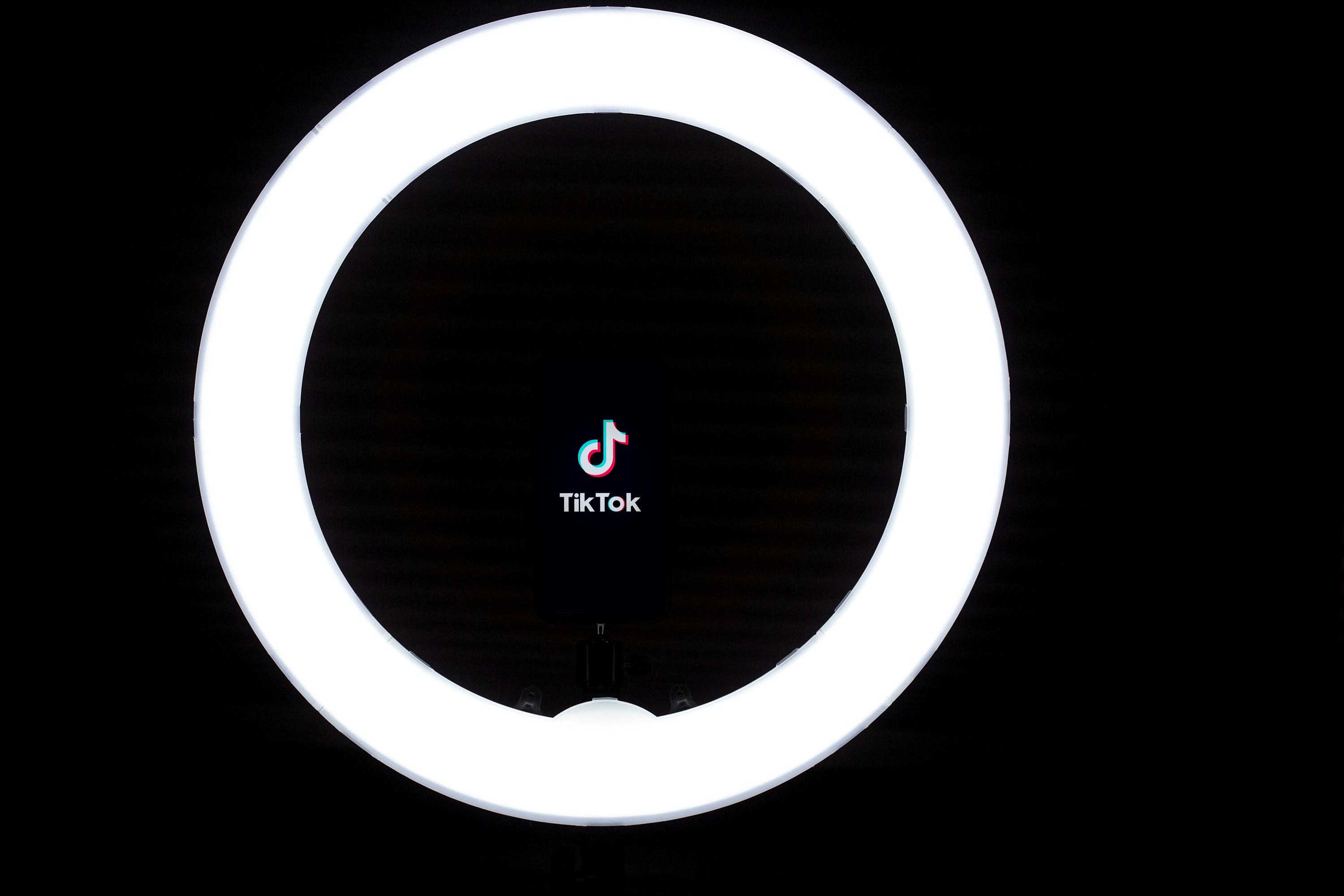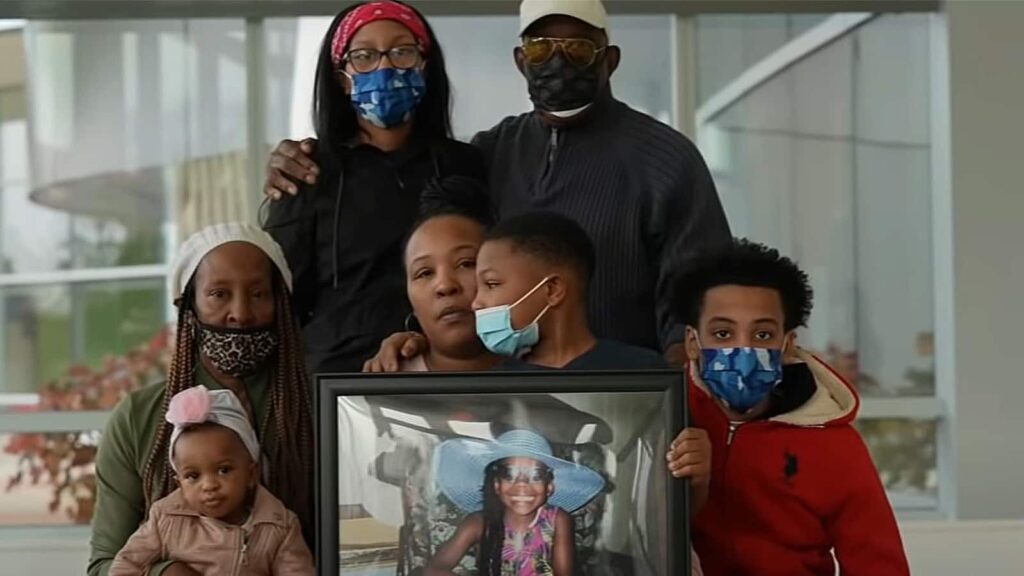John J. Perlstein, a wrongful death lawyer based in Los Angeles, spoke with us regarding a grieving mother’s lawsuit against TikTok after her daughter died trying the viral “blackout challenge.”
In December 2021, 10-year-old Nylah Anderson died after reportedly attempting the “blackout challenge,” a popular trend that picked up speed on social media apps like TikTok. Her mother, Tawainna Anderson, was left heartbroken.
The challenge involves holding one’s breath for as long as they can before passing out. Although this particular activity predates the internet, Anderson’s legal reps blame TikTok for “thrusting [it] in front of Nylah on her TikTok For You Page (“FYP”).”
10-year-old Nylah Anderson passed away after reportedly trying TikTok’s viral Blackout Challenge.
Anderson is now moving forward with a lawsuit against TikTok in the wake of her daughter’s death.
“The TikTok Defendants’ algorithm determined that the deadly Blackout Challenge was well-tailored and likely to be of interest to 10-year-old Nylah Anderson, and she died as a result,” Anderson’s lawsuit claims.
Although the suit was initially dismissed, Anderson is once again pursuing damages after a July 2024 Supreme Court ruling found that TikTok’s algorithms were not protected by Section 230 of the Communications Decency Act of 1996.
Nylah is just one of many children who have lost their lives taking part in dangerous challenges they see on social media. For instance, the “chroming” trend — where people inhale fumes from a toxic source like an aerosol can, a spray deodorant, or a paint container — has reportedly claimed the lives of at least four children, with another going into cardiac arrest after trying it in 2024.
 TikTok: DailyMailUK
TikTok: DailyMailUKA 12-year-old child went into cardiac arrest after reportedly trying the viral “chroming challenge” they saw on social media.
In a response to the outrage surrounding Nylah’s death, a TikTok spokesperson denied that the “blackout challenge” was a trend specific to its platform.
“This disturbing ‘challenge,’ which people seem to learn about from sources other than TikTok, long predates our platform and has never been a TikTok trend,” the spokesperson said.
“We remain vigilant in our commitment to user safety and would immediately remove related content if found. Our deepest sympathies go out to the family for their tragic loss.”
We spoke with John J. Perlstein about the potential legal consequences of dangerous online trends and how he predicts Anderson’s lawsuit will end.
According to Perlstein, whether or not the ‘blackout challenge’ originated on TikTok is “irrelevant” to Anderson’s case.
“I think it’s largely irrelevant whether the ‘blackout’ challenge has been around before TikTok,” he told us. “The allegation is that their algorithms target people with such challenges and other videos that can be harmful if viewed, particularly to young people who are very easily influenced.”
 Unsplash.com: Solen Feyissa
Unsplash.com: Solen FeyissaWrongful death lawyer John J. Perlstein warns that social platforms like TikTok are in for a major legal reckoning.
Perlstein says that Anderson’s family can pursue a whole host of damages in their suit against TikTok, including “loss of companionship, support, emotional, distressed damages, economic damages, and most importantly the loss of a child, which is immeasurable.”
It’s hard to say how the case will end, though. While Anderson has ammunition on her side, TikTok is a billion-dollar company with cash to burn in its defense.
“It is very difficult to predict in this situation,” Perlstein explained. “TikTok has many defenses available and will likely argue it is just a platform and cannot control its users’ actions. I think the potential of claims like this is whether there are algorithms that target and influence vulnerable populations like minors.”
Now that social media algorithms like TikTok’s are no longer legally protected, Perlstein anticipates that platforms are about to be hit with a slew of lawsuits.
“I do anticipate many lawsuits against social media platforms over their activities,” he said. “The potential risk for companies, such as TikTok, has to do with their algorithms and whether they promote dangerous activities.
“The consequences are relatively new with respect to whether these platforms are promoting injurious activities. If they have algorithms to target kids with such things as this challenge, then I think the consequences of not cleaning up their act will lead to significant damages for all those ever injured.”
In the past, TikTok has made efforts to remove any content relating to a dangerous trend or challenge, as seen when it wiped its platform of any mention of the ‘milk crate challenge’ back in 2021.
Thus far, TikTok has even prevented users from searching for the ‘blackout challenge.’ Instead, the app serves them with a message that reads: “Some online challenges can be dangerous, disturbing, or even fabricated. Learn how to recognize harmful challenges so you can protect your health and well-being.”

